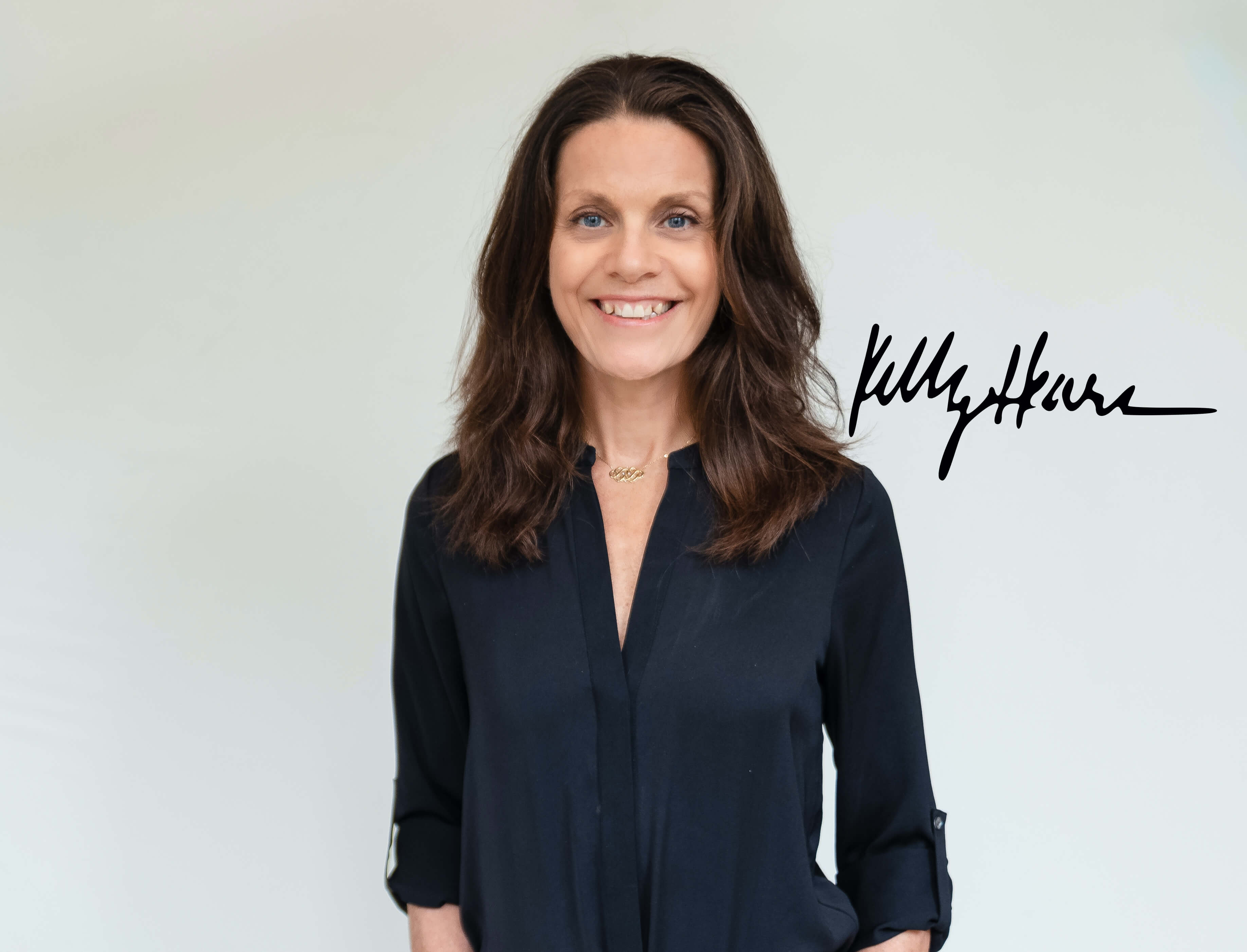Dear Therapist,
I feel utterly stuck in indecision.
I'm in a long-term relationship where the first few years were magical but then something we can't exactly pinpoint changed for both of us and it hasn't been working for a few years. We can't seem to find our way back to that loved up place. Both of us feel depressed and anxious about the situation.
We've gone through the phase of blaming each other our couple therapist helped us realise the futility in this to trying to figure ourselves out, and what we need to be happier with each other and in ourselves. The problem is, we don't know where to start. The idea of separating is terrifying for both of us - we are somewhat clinging to each other in fear. But home has become a very sad place too.
Signed,
Unhappily Together
Dear Unhappily Together,
Intimate relationships can feel so impossible to navigate at times. When they are working, we feel safe and secure in the world. But when they're not, it can bring up all of the unresolved emotional wounding we thought we had long since worked through, or maybe didn't even realise we had. I know very little about your situation beyond your brief message which left me wondering if you are working through the disentanglement of a codependent dynamic. It is often assumed that codependency only exists in the presence of a alcohol or drug addiction, where one party is playing caretaker of the other. But I've found traits of what is also sometimes referred to as 'relationship addiction' to be far more pervasive in the more subtle form of dependence on the other to feel OK in ourselves.
One definition of codependence I like is John Bradshaw's: 'A painful internal state of low-grade chronic depression which is literally precipitated by intense and chronic mourning for our authentic selves.' When we seek relationship from this place, we aren't doing so from love for the other but from a need for something someone external to prop up our own sense of self, to make us feel love and acceptance. For a while, during the 'falling in love' phase, a partner makes this all seem possible. But this doesn't last because we are looking in the wrong place - the 'magical other' we seek is found in the abandoned parts of ourself.
You've gone through one very important phase of disentangling an unhealthy dependence and have stopped blaming each other for not fulfilling a frankly impossible task. This is a huge step. Unfortunately, it likely exposes the individual vulnerability - a felt neediness - sitting within each of you. I sense this is why the thought of separating is terrifying - clinging to something that isn't working suggests you are still holding out hope the relationship can fix the mourning residing in each of the individuals. Understandably, there is fear to tap into these feelings - it can elicit a panic reaction - but this is exactly where you may need to go. To get up close and personal with those scary feelings to see whether they lead you back to parts of yourself long since ignored or disowned. That loneliness we feel when we let go of the other, can we settle into it? Can we get curious about the energies it elicits without needing to escape? Can we drop how we feel we should be and bear witness to who we actually are even - especially - in these raw and tender moments? Can we accept this too as part of us?
Intimacy with oneself may sound peculiar, but it is a pretty important starting place for widening our circle to healthy intimacy with others. Without it, we engage in relationship from a fundamentally selfish position in that the relationship is not actually about the other person but what they can do for us.
You didn't say whether you and your partner are in individual therapy, but I would suggest this for both of you. Perhaps the couple has been carrying too much, and it is up to each of the partners to shoulder their own work and growth. Then and only then might you be able to see if there is room for love to live and grow in your relationship.
Yours,

Do you have a question for Dear Therapist? Send it to [email protected] with Dear Therapist in the subject line and Charlotte Fox Weber or Kelly Hearn will get back to you.

